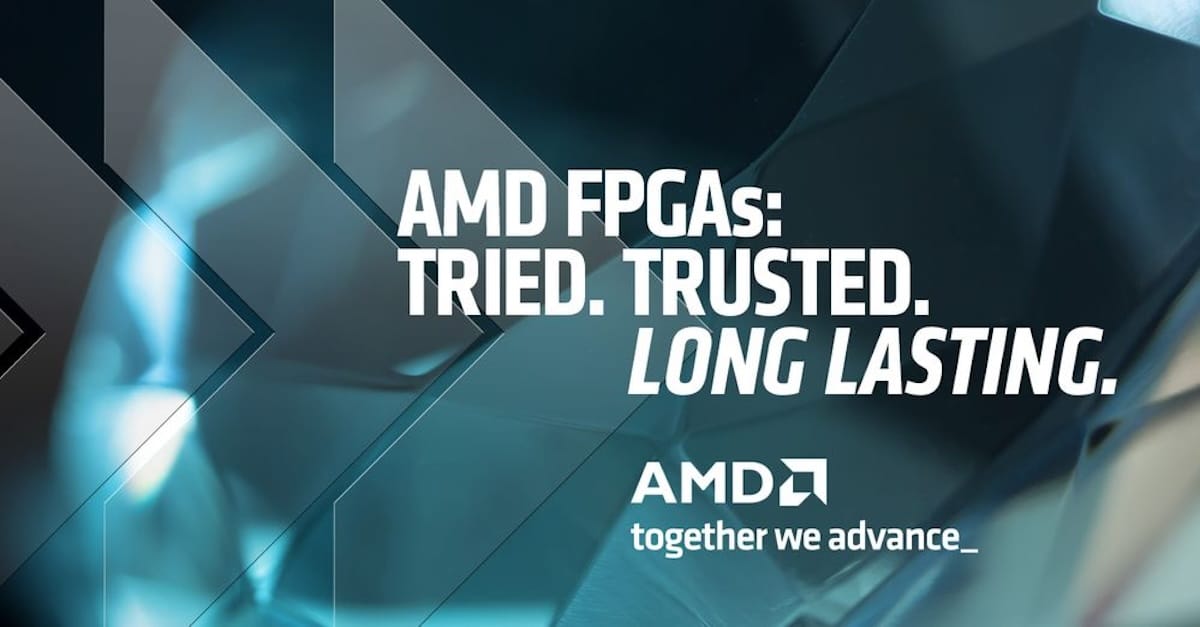AMD, a leader in the semiconductor industry, has announced a significant extension in the lifecycle of its Field-Programmable Gate Array (FPGA) and adaptive System-on-Chip (SoC) devices. This strategic decision ensures the availability of critical components for industrial and embedded designs in the long term.
Series Lifecycle Extensions
The company has detailed the following extensions:
- AMD 7 Series: Available until 2040
- UltraScale+: Available until 2045
- Versal Adaptive SoCs: Available beyond 2045
These extensions cover all temperatures and speed grades, excluding High BandwidthBandwidth is the maximum transfer capacity of d… Memory devices.
Industry Impact
This measure represents a significant milestone in the semiconductor industry. With some device series now available for up to 28 years since their launch, AMD is offering unprecedented stability for designers of embedded systems and industrial applications.
“With a total of 18 families and over 150 unique devices in production until 2040 and beyond, there has never been a better time to build products that endure,” said an AMD spokesperson.
Breakdown of Extended Series
AMD 7 Series:
- Available until 2040
- 5 families, 42 unique devices
- Highlights the Artix™ 7 Series FPGAs family, known for being the smallest with AMD-enabled transceivers, combining low power consumption and cost.
UltraScale+:
- Available until 2045
- 7 families, 72 unique devices
- Highlights the Spartan™ UltraScale+ FPGAs family, offering high I/O, low power consumption, and cutting-edge security features.
Commitment to Industrial and Embedded Customers
AMD emphasizes that this lifecycle extension is just part of its commitment to industrial and embedded sector customers. The company has supported embedded designers for 40 years with world-class support, design tools, and strategic partnerships.
It is important to note that these extensions do not apply to devices with integrated HBM memory due to the shorter lifecycles of these components.
The company cautions that extended lifecycles may be affected by unforeseen circumstances such as supply interruptions, foundry discontinuations, or changes in government regulations.
via: AMD Blogs

